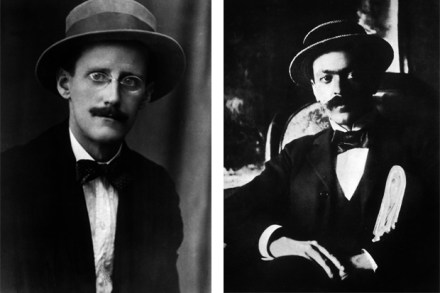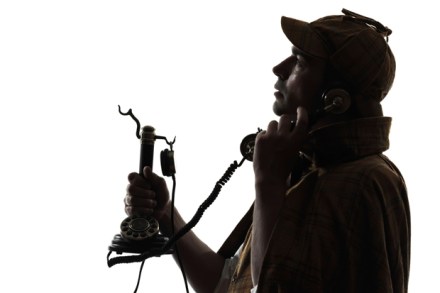The politics of email sign-offs
I think Anne Applebaum is a friend of mine. I certainly hope so, since I have always admired her writing, her dignified charm and her un-English readiness to be serious. Her new book Twilight of Democracy is subtitled ‘The Failure of Politics and the Parting of Friends’. Quite a large number of friends, several associated (as was she) with this paper, she now names as ex-friends, so I feel relieved not to have been so identified. As a matter of historical fact, Anne is right: lots of friends have fallen out about issues relating to globalisation, identity, ‘Somewheres’ and ‘Anywheres’, Brexit, Trump etc. Anne seems to see this as inevitable, once


















